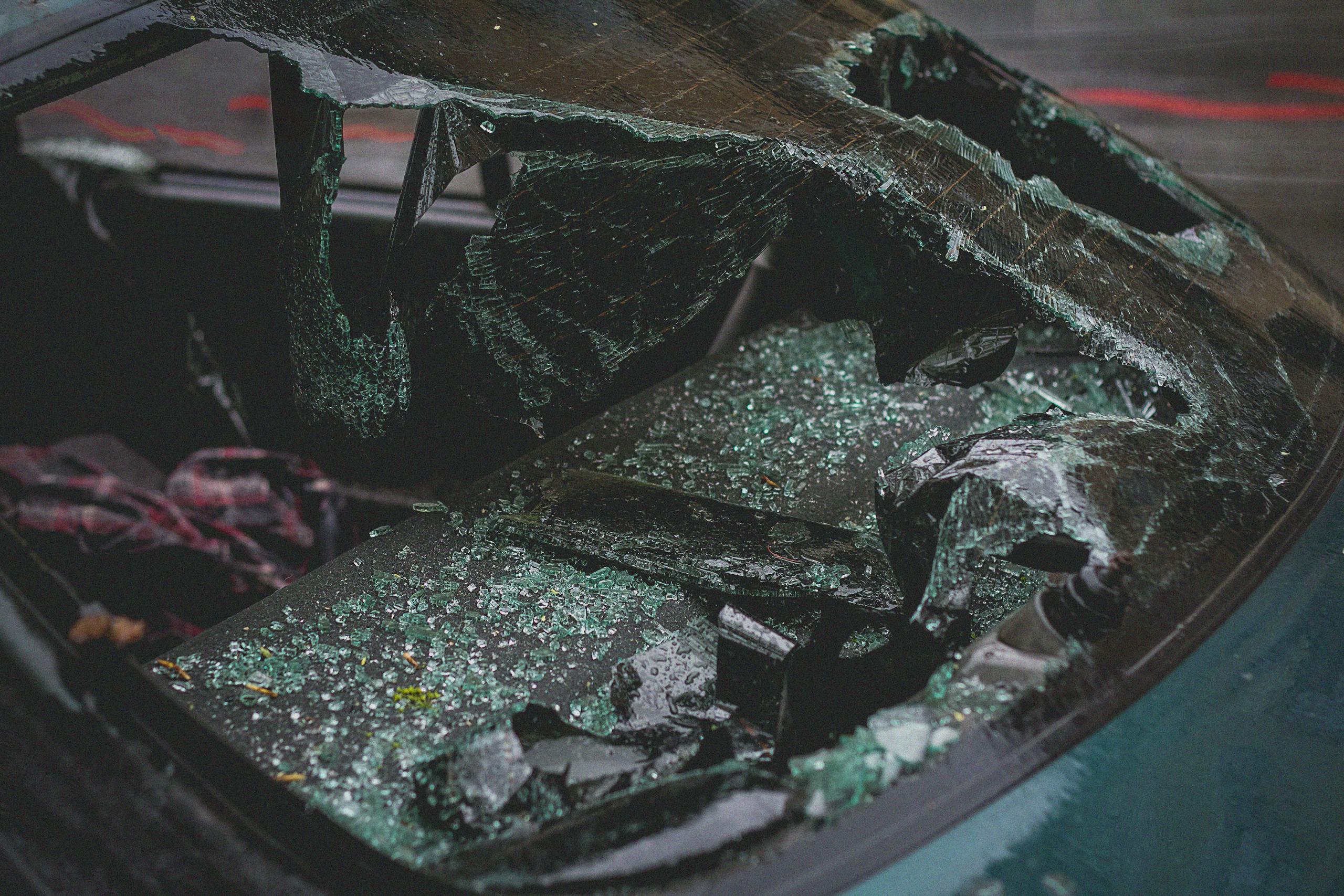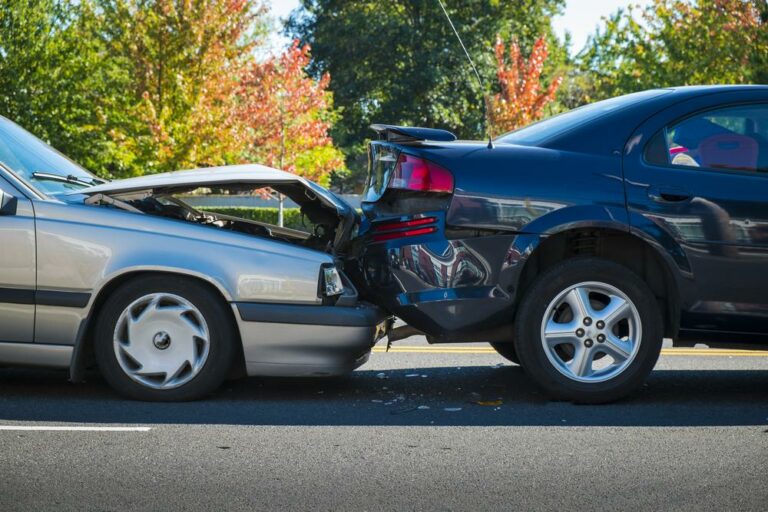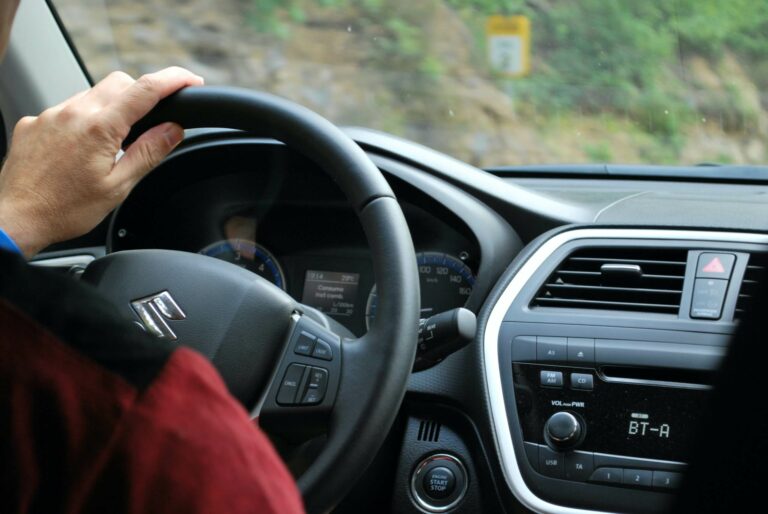Five Common Mistakes to Avoid After a Car Accident in Maryland

Car accidents are stressful and can happen in the blink of an eye, often leaving drivers feeling shaken and disoriented. Knowing what to do—and what mistakes to avoid—can make a significant difference in safeguarding your health and legal rights. In Maryland, there are specific post-accident steps you must take to ensure compliance with state laws, as well as to protect yourself in case of future insurance claims or legal proceedings.
After a car accident in Maryland, drivers must adhere to certain legal requirements. At a minimum, you should:
- Stop your vehicle if it’s safe to do so. Leaving the scene of an accident can lead to serious penalties, especially if there are injuries.
- Exchange insurance information with the other driver. It’s essential to provide and collect basic contact and insurance details.
- Call the police if there are injuries or significant vehicle damage. A police report is invaluable as it provides an official record of the incident.
- Seek medical attention if necessary, even if you feel fine immediately after the accident. Some injuries may not show symptoms right away.
In the chaotic aftermath of an accident, it’s easy to make mistakes that could impact your physical recovery and any potential personal injury claims. Avoiding these five common missteps can help protect your rights and strengthen your claim should you need to file one.
1. Not Calling the Police
One of the biggest mistakes people make is failing to notify law enforcement. Even if the accident seems minor, calling the police is essential. A police report provides an official account of the incident, detailing the time, location, and conditions at the scene, along with witness statements. This report becomes crucial evidence when dealing with insurance companies or if you decide to pursue legal action.
Insurance companies heavily rely on police reports when assessing claims. Without this documentation, proving the other driver’s fault may become challenging, as it’s your word against theirs. Additionally, Maryland law requires you to report an accident to the police if there are injuries or substantial vehicle damage. Calling the police is better than relying solely on your recollection of events, as the official report adds credibility to your account.
2. Admitting Fault
In the immediate aftermath of an accident, it’s natural to feel apologetic. However, expressing guilt—even subtly—can harm your insurance claim. Statements like “I didn’t see you” or “I’m sorry” can be interpreted as admissions of fault, which can significantly impact how your insurance company or the other driver’s insurer views the incident. Determining liability is a complex process best left to insurance professionals and legal experts.
3. Failing to Gather Evidence
Collecting evidence at the accident scene can be invaluable in supporting your claim. Photos of vehicle damage, road conditions, and any visible injuries are critical pieces of evidence. If possible, take wide shots to capture the entire scene, as well as close-ups to show specific details.
In addition to photos, gather witness contact information. Witness statements can serve as third-party accounts that support your version of events, especially if there is a dispute about liability. Without proper documentation, proving the other driver’s fault can be challenging, particularly if their account differs from yours. This evidence serves as essential support for your case, showing the impact of the accident on you and your vehicle.
4. Delaying Medical Attention
Seeking prompt medical attention after an accident is crucial, even if you don’t feel immediate pain. Some injuries, like whiplash, concussions, and internal trauma, may not show symptoms right away but can worsen if left untreated. By delaying medical care, you not only risk aggravating your injuries but also make it harder to prove that the accident caused them.
Medical documentation can serve as powerful evidence for your claim. It demonstrates the severity of your injuries and establishes a clear link between the accident and your medical condition. Insurance companies might argue that a delay in treatment indicates your injuries were not serious or were caused by something other than the accident. By seeking medical attention as soon as possible, you protect both your health and the strength of your claim.
5. Accepting the First Settlement Offer
Insurance companies often aim to minimize payouts, which means they may present a quick, low settlement offer after an accident. This initial offer is rarely sufficient to cover all the costs associated with the accident, especially if you have ongoing medical expenses, require physical therapy, or suffer from long-term pain or trauma.
While it can be tempting to accept a quick settlement to move on from the accident, it’s essential to take your time and fully assess your damages. Before agreeing to any settlement:
- Consult a car accident attorney who can help evaluate the fairness of the offer.
- Assess the full extent of your injuries. Some injuries may require long-term treatment or result in lost wages if you cannot work.
- Calculate your medical bills and non-economic damages, such as pain and suffering. These damages can add up significantly, especially if you experience a long recovery period.
- Negotiate for fair compensation. A lawyer can help you negotiate a settlement that accounts for both your current and future needs.
Taking these steps ensures you receive the financial support you need to recover fully rather than settling for less than you deserve.
Car accidents are an unfortunate reality of modern life. Following the right steps—and avoiding these common mistakes—can make a big difference in the outcome of your claim. For more information, or if you have been in an accident, an experienced attorney can help you determine the best course of action. Contact the Law Offices of Nicholas A. Parr in Baltimore, MD today to schedule your free consultation. We don’t receive a fee unless we win.








